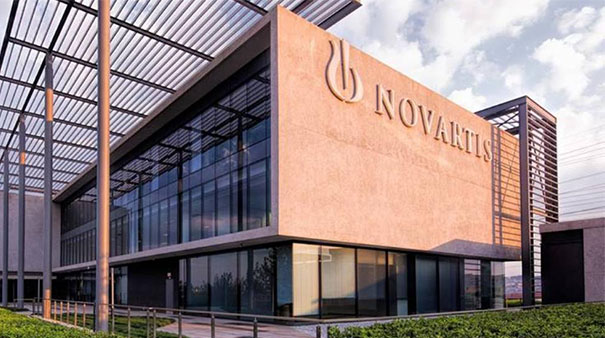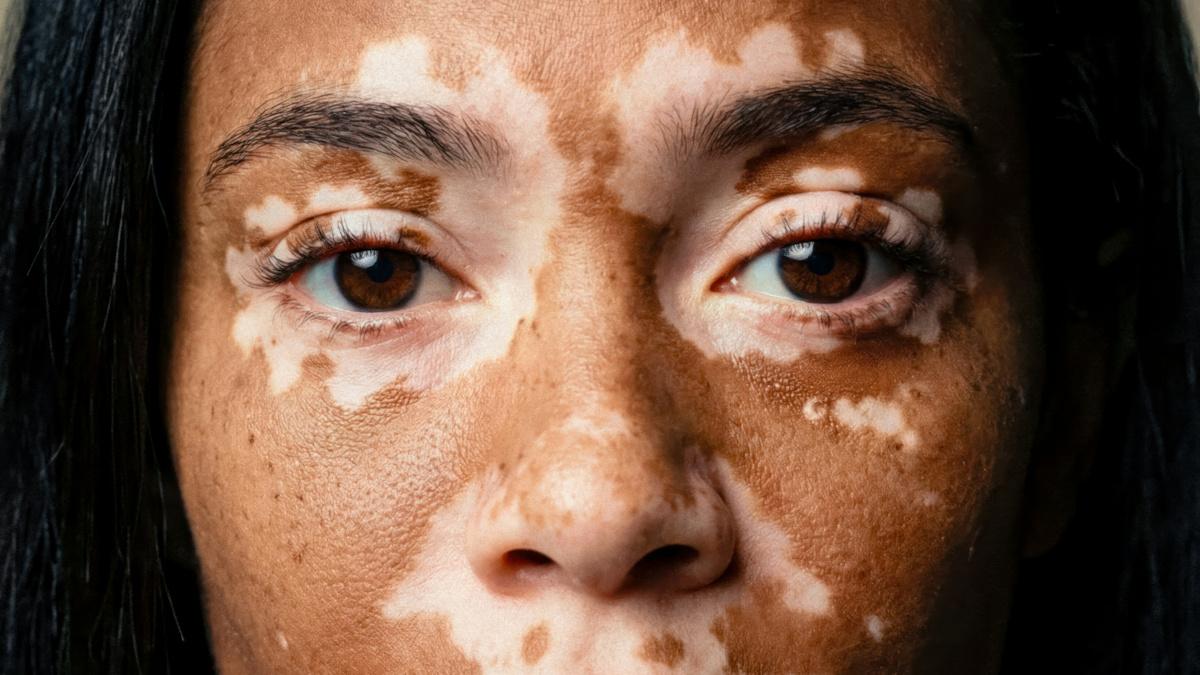NICE says yes to Novartis' Rydapt for rare blood disorder

Novartis' Rydapt has become the first and only licensed treatment for rare and life-threatening blood disorder systemic mastocytosis (SM) to be cleared for routine NHS use, after getting a green light from NICE.
The decision means around 170 people with advanced SM in England and Wales will be eligible for treatment with oral, twice-daily drug, which since 2018 has also been cleared for NHS treatment of a form of acute myeloid leukaemia.
The recommendation for Rydapt (midostaurin) comes four years after the drug was approved for use by the European Commission in advanced SM, a disease in which uncontrolled growth of mast cells causes organ damage such as liver dysfunction, low blood counts and weight loss.
People with the disease also suffer from debilitating symptoms such as pruritus (severe itching of the skin) caused by mast cells releasing inflammatory mediators, such as histamine, into the blood. It is caused by a genetic mutation in the KIT gene, which triggers the abnormal proliferation of mast cells.
In clinical trials, Rydapt was shown to improve the overall survival of people with advanced SM by 23% compared to several other treatments, according to NICE, which says current treatment for the disease includes interferon alpha, cladribine, and imatinib.
"The symptoms experienced by patients with this rare disease can be devastating and limiting," said Meindert Boysen, director of NICE's Centre for Health Technology Evaluation.
"By recognising that patients with advanced systemic mastocytosis have a limited life expectancy without midostaurin, and by working closely with the company, we can support access to this innovative treatment," he added.
The health technology assessment (HTA) agency has backed Rydapt for three different subtypes of advanced SM – aggressive systemic mastocytosis, systemic mastocytosis with associated haematological neoplasms, and mast cell leukaemia – so long as Novartis provides the drug at a confidential discount.
The decision has been made after "significant dialogue between NICE, NHS England, Novartis, patient advocacy organisations and clinical experts," according to the drugmaker, which also said there are "significant challenges in the methodologies for appraisal of rare medicines" in the UK.
"Novartis is pleased that an outcome that benefits patients could be found through open dialogue and collaboration across all parties – it is crucial to work together and bring innovation to patients," it added.
The decision comes as NICE has published new information on a planned revamp of its appraisal processes, particularly for "newer, more advanced therapies."
The proposals are aimed at providing earlier patient access to new treatments, greater predictability of HTA outcomes, more equitable access to treatments for severe diseases and use of a broader evidence base, including real-world data.













